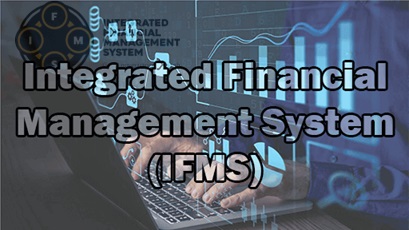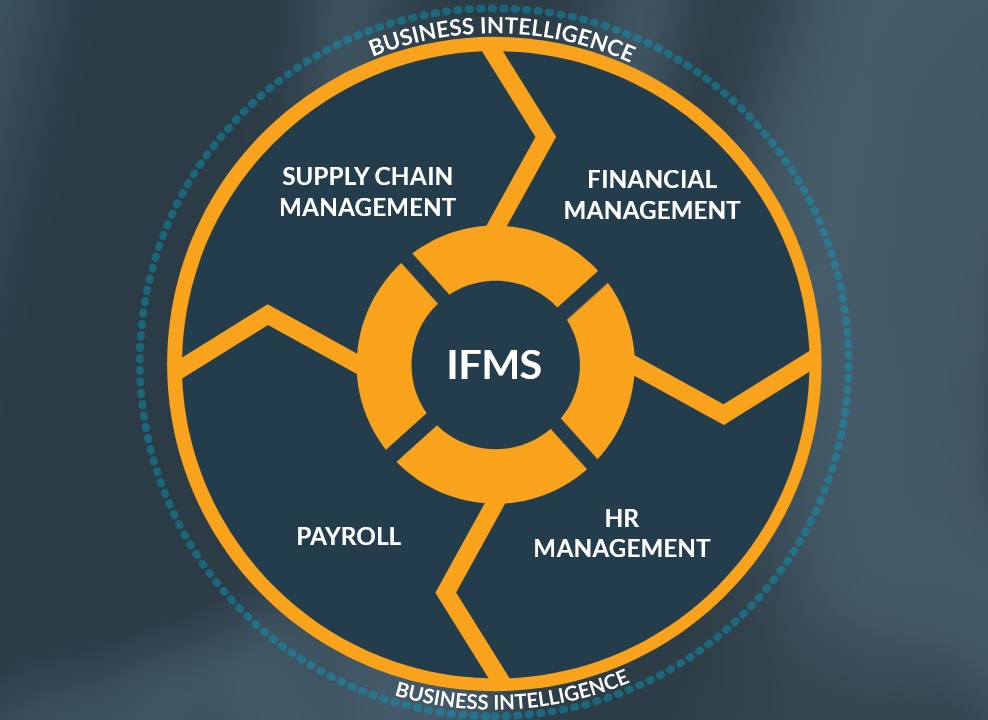ifms.gov.za : Integrated Financial Management System
Organisation : DPSA, National Treasury and SITA
Facility Name : Integrated Financial Management System (IFMS)
Location : South Africa
Website : https://www.ifms.gov.za/
| Want to comment on this post? Go to bottom of this page. |
|---|
What is Integrated Financial Management System (IFMS)?
The IFMS Programme is a joint initiative between DPSA, National Treasury and SITA to replace the current legacy enterprise resource type systems such as BAS, LOGIS and PERSAL in the Public Service by implementing a single Enterprise Resource Planning (ERP) Commercial Off The Shelf (COTS) system.
Related / Similar Facility : SACE CPTD Management System

Modules of Integrated Financial Management System (IFMS)

FAQ On Integrated Financial Management System (IFMS)
Frequently Asked Questions FAQ On Integrated Financial Management System (IFMS)
What is a Commercial off the Shelf (COTS) solution?
A COTS solution is commercially available software that has specific built in functionality for business needs. A COTS solution is designed to be easily installed and configured for use.
What is an Enterprise Resource Planning (ERP) solution?
An ERP solution is business process management software that allows an organisation to use a system of integrated applications to manage the business and automate many back office functions related to financial management, human resource management; payroll and supply chain management.
What is meant by ‘legacy systems’?
‘Legacy systems’ refers to systems that are currently being used in the Public Service such as BAS, LOGISand PERSAL, which will be replaced by the IFMS.
How will the unique requirements of departments be catered for in the solution?
The new IFMS is designed to cater for the general corporate management needs of the Public Service and does not specifically cater for unique requirements within a department. Where feasible, unique requirements that fall outside the scope of IFMS will be met by interfacing existing departmental solution to the IFMS.
During the roll-out of the solution to all departments in the Public Service, opportunities will be explored to ensure that the entire solution (IFMS in combination with departmental solutions) meets the unique business requirements of specific departments.
What will happen to people working on current IFMS modules and on legacy systems?
In the majority of cases, employees who are currently working on legacy systems and the IFMS modules currently in operation will be trained on the new IFMS and will continue to perform their existing functions after implementation. Some employees’ jobs may change as a result of the implementation of the IFMS.
This will specifically apply in cases where employees are currently responsible for processes that will be automated through the implementation of IFMS. For example, leave forms will no longer be captured manually on the system as the leave application and approval process will be automated. In such cases, employees’ job descriptions may have to be amended and they will be retrained, if required, to perform other related duties
How will users be trained to operate the new solution effectively?
Different types of training such as classroom based and on-the-job training will be conducted to enable users to operate the new IFMS effectively.
What will be the approach to change management at an organisational level and at a user level?
A formal change management programme will be embarked upon to ensure that all users are adequately informed regarding the new IFMS, that potential resistance to the adoption of the new system is managed and that users receive sufficient training to enable them to operate the system.